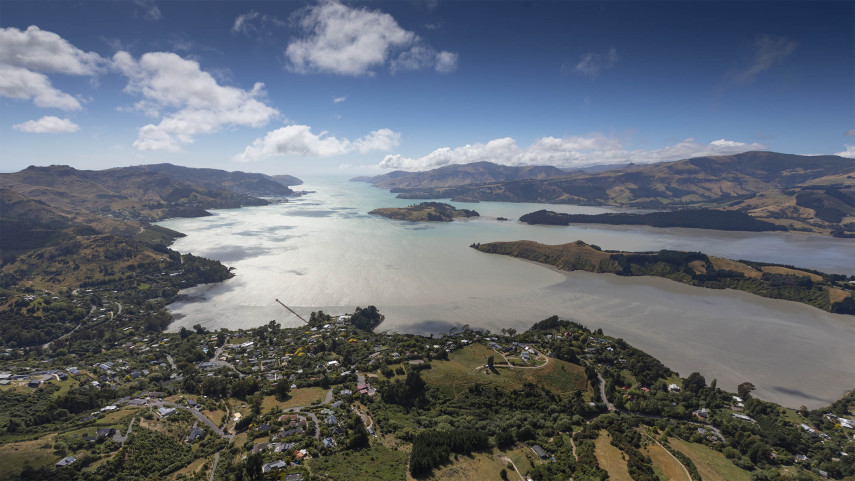
Council releases Climate Change Risk Screening for the district

Share this story
Christchurch City Council has released its Climate Change Risk Screening for Ōtautahi Christchurch and Te Pātaka-o-Rākaihautū Banks Peninsula.
“This Risk Screening is a really useful tool for the Council to help us understand and plan for the significant risks that our district faces due to climate change,” Adaptation Planning Team Leader Jane Morgan says.
“As we progress our climate change response the Risk Screening will help us to identify, monitor and manage its risks. This will also help us address knowledge gaps and identify opportunities for collaboration to fill those gaps. More detailed risk assessments are expected to follow.”
The Council is required to take informed and urgent action to prepare communities for the inevitable impacts of climate change.
Following on from the recently completed national and Canterbury region risk assessements, the Risk Screening identifies significant risks to the natural and built environment domains in six areas across our district. It will be used to prioritise projects in Asset Management Plans and the Long Term Plan, ensuring climate resilience is appropriately included in planning and implementing the Council’s work.
Some of the priority risks identified include:
- Sea level rise, storm surge, tsunami and rising groundwater in coastal Christchurch.
- Increasing temperatures and drought in inland Christchurch.
- Wildfires and landslides in the Port Hills; coastal and flood hazards in Coastal Banks Peninsula.
- Drought, heat and wildfire in inland Banks Peninsula.
- Akaroa will be affected by all these risks.
The Council has done extensive adaptation planning work to prepare for the effects of coastal hazards in our district, including working with communities to help develop a response to these impacts. Last year we adopted Kia tūroa te Ao Ōtautahi Christchurch Climate Resilience Strategy to provide a framework for action that will help Christchurch reach the target of net zero emissions by 2045.
The Climate Change Risk Screening can be viewed on the Council’s website here. You can find out more about our response to climate change and how you can help here.
